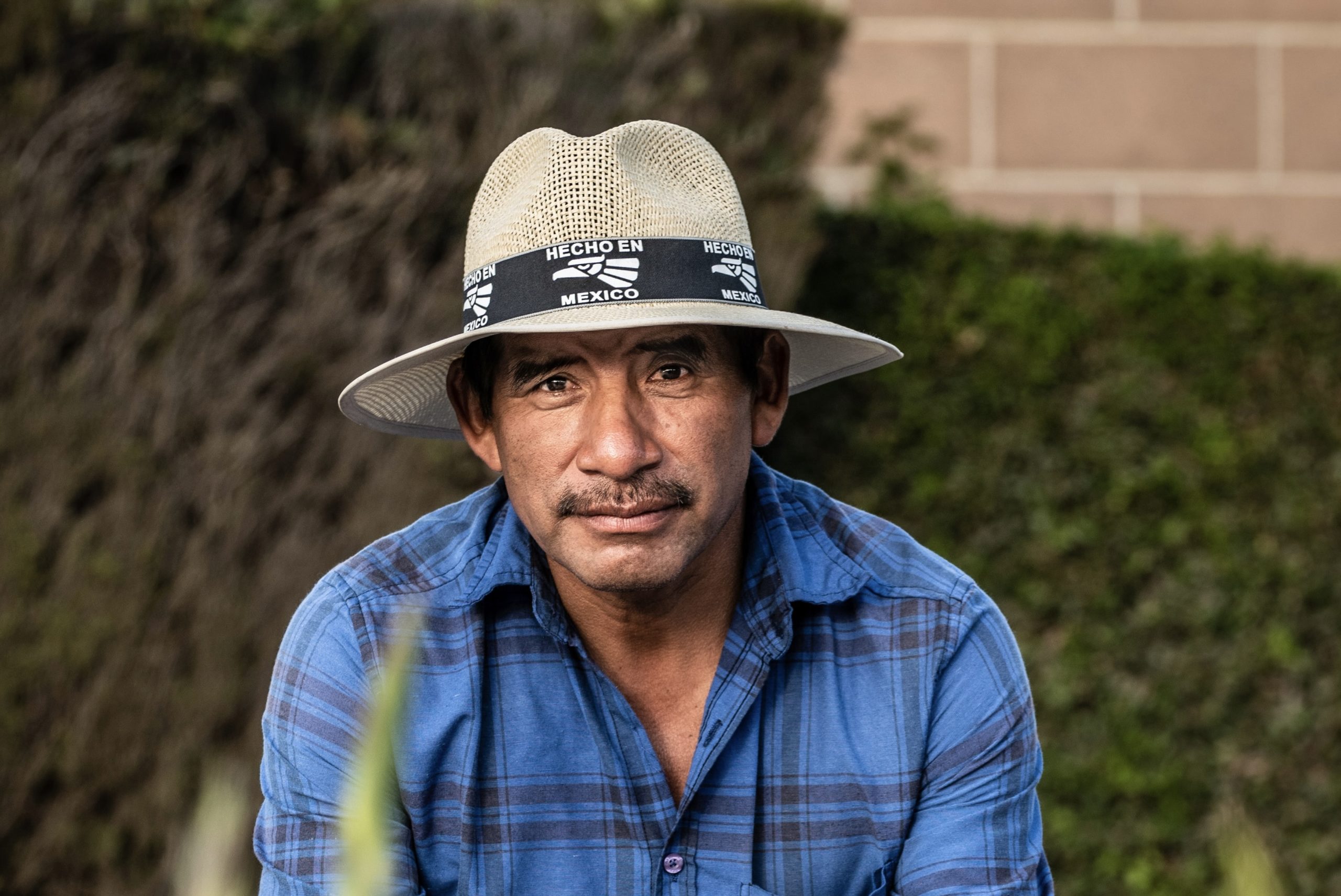On Friday’s we bring you the best from around the web. This week’s round-up includes a gripping depiction of the life of a foster child, a critique of modern individualism and more. Whether it be policies that increase employment and opportunity or selfless acts of love, we are all called to bring hope to dark places in this world.
1. The Age of Individualism: As the Millennial generation ages, Ross Douthat describes the dangers of placing too much value in individualism and self-sufficiency at the expense of community and social cohesion.
The really interesting question about the Millennials isn’t whether they’ll all be voting Democratic when Chelsea Clinton runs for president. It’s whether this level of individualism—postpatriotic, postfamilial, disaffiliated—is actually sustainable across the life cycle, and whether it can become a culture’s dominant way of life.
2. “Common Good” Podcast: Kathy Edin and Aaron Graham: In the first edition of Values & Capitalism’s new podcast, Kathy Edin of Johns Hopkins University and Aaron Graham of The District Church share their thoughts on adoption, foster care and poverty.
3. “ReMoved”: This moving, heartbreaking film by Nathaniel Matanick tells a compelling story about the devastation of broken families and the beautiful hope that adoptive and foster families can provide. “Nothing is how it was supposed to be…and a heavy sadness filled my soul… But slowly, little buds of hope [begin] forming… Someday, my summer will come.”
4. Freedom—A Poverty Program That Worked?: For much of our history, Americans relied on freedom and civil society institutions, rather than government assistance, to fight poverty, says Lawrence Reed of the Institute for Faith, Work & Economics.
America’s unofficial poverty program for most of the nation’s history could be called, in a word, “liberty”…For decades after the adoption of the Constitution in 1789, few Americans and none of our presidents pressed for direct government aid to the impoverished. That was not because they were a cruel and heartless people, but rather because they saw the alleviation of poverty as a personal assignment.
5. 500+ Economists Assert the Irrefutable Laws of Demand and Supply: This letter, signed by over 500 economists including three Nobel laureates, explains why an increase in the minimum wage through legislative action is not an effective means of providing assistance for low-wage or unemployed workers.
Economic reality and the laws of supply and demand are not optional, despite the arrogant attempts of economically-challenged politicians and progressives to circumvent or disregard the most basic economic theory, economic laws and economic logic.



